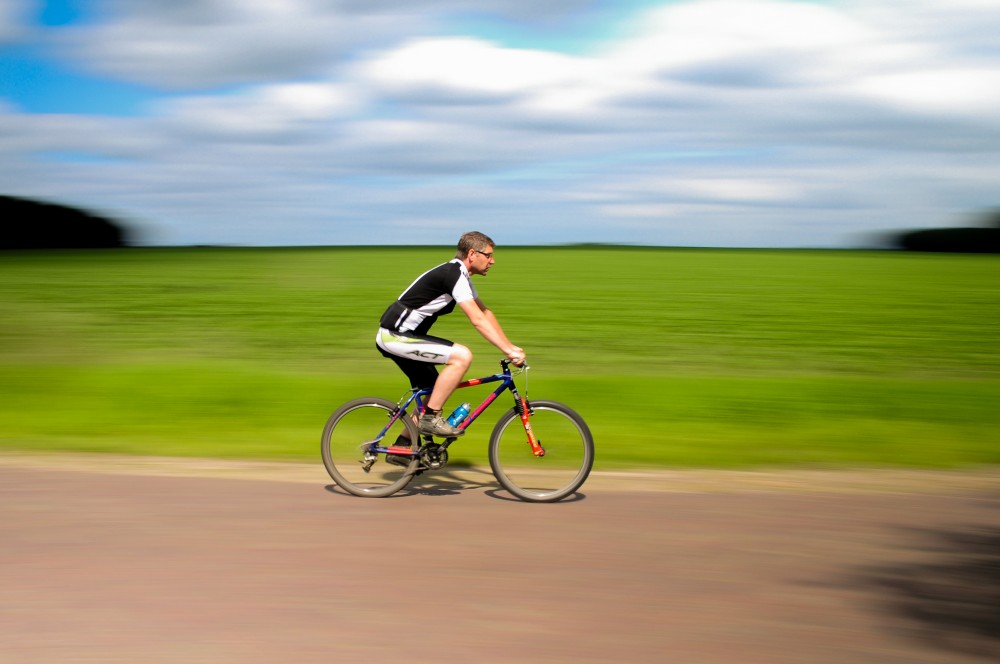IS 60 minutes how much exercise we should be doing a day, despite national guidelines of 30 minutes?
Stepping up your exercise – even in small ways – is the best way to ensure optimal health and well-being.
Half an hour of activity a day may be good for general health but it’s half as much as most of us need to avoid becoming overweight or obese. That’s the growing consensus as the developed world’s obesity epidemic gathers speed and people’s activity levels fail to keep up with their food consumption.
Now Australia’s National Health and Medical Research Council (NHMRC) has suggested the daily activity recommendation may need to be doubled to an hour to fight the nation’s growing weight problem, unless we make big changes to what we eat.
“In the current environment of abundant availability, promotion and consumption of energy-dense food, it is now internationally recommended that 45 to 60 minutes of moderate-intensity daily physical activity is the minimum required… without reduction in current energy intake,” the NHMRC writes in its newly released report, Eat For Health.
“At least 60 to 90 minutes of moderate-intensity activity (a day) or lesser amounts of vigorous activity may be required to prevent weight regain in formerly obese people,” it says.
Dr Amanda Lee, the chair of the NHMRC’s Dietary Guidelines working committee, is careful about being too insistent that activity levels need to rise or double to slow the obesity epidemic. She doesn’t want Australians to feel overwhelmed by the need to find more time to exercise when many struggle to even clock up 30 minutes a day.
“At this stage the national activity guidelines still recommend 30 minutes of moderate activity a day. Even then, not even 50 per cent of the population is managing that,” she says. “So I would be reluctant to tell everyone that they now need to find an hour.”
Nevertheless she concedes that if substantial changes are not made to what we eat, Australians will need to find at least an hour a day to dedicate to calorie-burning activity.
“There’s no denying we have a huge problem with what’s called energy balance. Simply speaking we are eating way too much poor-quality, energy-dense food for the amount of daily exercise we’re getting,” Lee says.
“The reality is if finding the extra time in your day to burn off that energy through exercise is just not possible, then it’s important you eat less food and of better quality.”
Fourteen million Australians are overweight or obese, according to Monash University. If weight gain continues at current levels, by 2025 close to 80 per cent of Australian adults and a third of children will be overweight or obese.
Damien Kelly, body+soul’s fitness expert, agrees something has to give to ensure health and wellbeing for Australians improves in the future. Kelly is a big supporter of “incidental exercise” – activity that people add to their lives throughout the day.
“Simply building in ways to add extra steps can have a big impact on how much exercise you’ve accumulated during the day,” he says, adding that this is as easy as walking the kids to school, parking further away from work or taking the dog for an extra walk each day.
“Putting a number on how much exercise someone needs a day can be off-putting or overwhelming. Instead, we need to appreciate how important it is to be active in our daily lives,” Kelly says.
Originally posted perthnow.com.au
25th March, 2013























